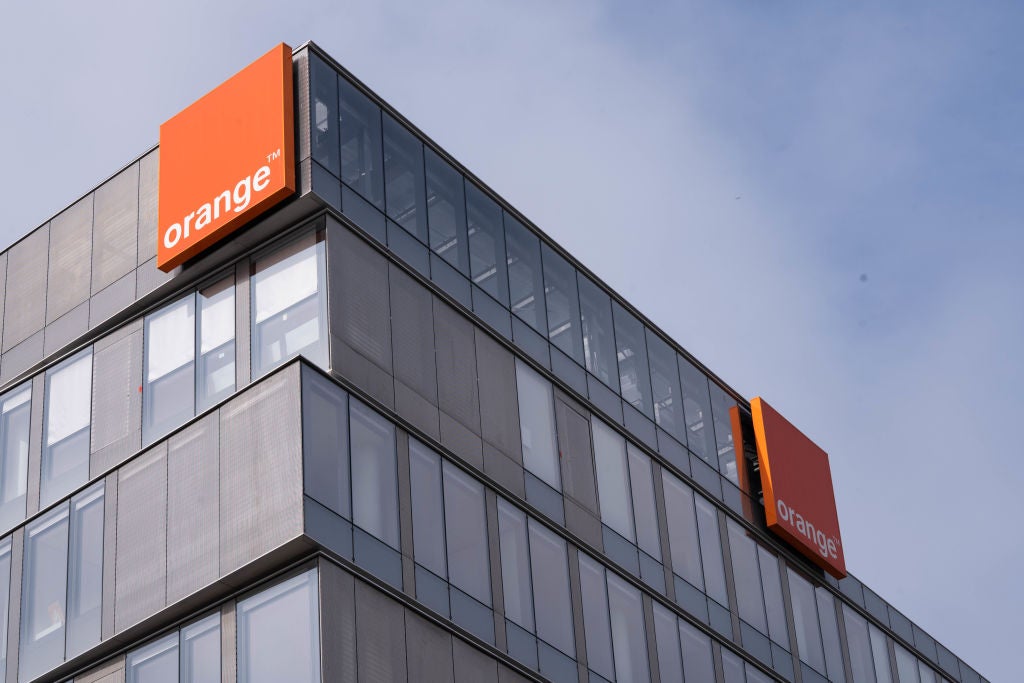
Large telecoms providers are grappling with an evolving business model which seeks to reap higher margins while working towards environmental, social and governance (ESG) goals.
Global consumer data usage has surged and will more than double by 2028, according to research company GlobalData which forecasts seven billion 5G subscriptions globally by 2028.
But this growth needs to be sustainable. In a GlobalData webinar examining the role network operators have in driving their own ESG requirements, as well as helping those of their customers, Vodafone VP head of customer solutions for APAC, Nadya Melic, said that in the last five years customers have become more demanding about ESG requirements. “Around 10-15% of our proposition in helping customers is helping them fulfil their ESG requirements. ESG has become part of the ecosystem,” she said.
ESG reporting by corporates had been largely voluntary until a recent global shift towards stricter ESG rules, driven by government mandates rather than consumer pressure, which GlobalData calls ‘ESG 2.0’ in its Thematic Intelligence report: ESG 2.0.
A host of new environmental laws are in the pipeline in the UK, US and Europe, relating to issues including mandatory reporting, carbon pricing, and carbon import tariffs. Companies unprepared for ESG 2.0 face higher costs and lost sales, warns GlobalData.
Conversely, research from the GSMA – the global industry association for mobile operators – shows how ESG reduces the cost of capital, provides better operational performance and positively influences stock prices.
How well do you really know your competitors?
Access the most comprehensive Company Profiles on the market, powered by GlobalData. Save hours of research. Gain competitive edge.

Thank you!
Your download email will arrive shortly
Not ready to buy yet? Download a free sample
We are confident about the unique quality of our Company Profiles. However, we want you to make the most beneficial decision for your business, so we offer a free sample that you can download by submitting the below form
By GlobalDataDuring GlobalData’s webinar, Andy Hicks GlobalData senior principal analyst asked what the most meaningful metric for evaluating ESG progress is. “This is perhaps one of the hardest things to measure,” added Hicks.
Jean-Benoit Besset, head of environment and energy transition at Orange Group told Verdict that: “the main thing we measure is carbon.” Simple KPIs are key to successfully implementing ESG concerns, and carbon is effective as a measure for a wide variety of human activity.
“Most of the time if you decrease your carbon footprint you will decrease your water, mineral and energy usage too. I see carbon as a bit like a currency of the environment today,” explained Besset.
The first step to fulfilling a company’s ESG goals is to make sure everyone within the company and outside the company understands the goals, according to Besset. This includes official bodies like the GSMA and the UN agency the International Telecoms Union. In this way, corporates can have influence beyond their own organisations.
In fact, Besset recounts an instance in which Orange successfully influenced the way French telecoms regulator ARCEP measures quality of service on mobile networks for its annual dashboard.
“For the first time this year, ARCEP is not using average throughput as its main KPI for your so-called mobile network quality of service,” said Besset who explained that average throughput as a KPI simply means companies ramping up capacity over a network in order to achieve the best throughput. “This is totally useless except when you’re doing a speed test,” he added.
Orange successfully influenced ARCEP in changing the way the organisation measures the quality of a network. “We now have a more environmentally friendly way to measure quality of service,” said Besset.
In the past, ESG was a matter for specialists. According to Besset, it must now become a business driver with each operational head monitoring their own energy goals. “It’s no longer the remit of a specialist function,” he adds.
In fact, only 300 of the Orange Group’s 140,000 employees are wholly ESG jobs. “You should view ESG concern in day-to-day day business,” says Besset who has roughly identified 20,000 roles within the company which he calls priority roles when it comes to ESG.
“This means when you are designing, building and running a network, you must be aware of the energy consumption impact, of the arbitration you have to do between customer experience, functionalities and energy consumption,” adds Besset.






